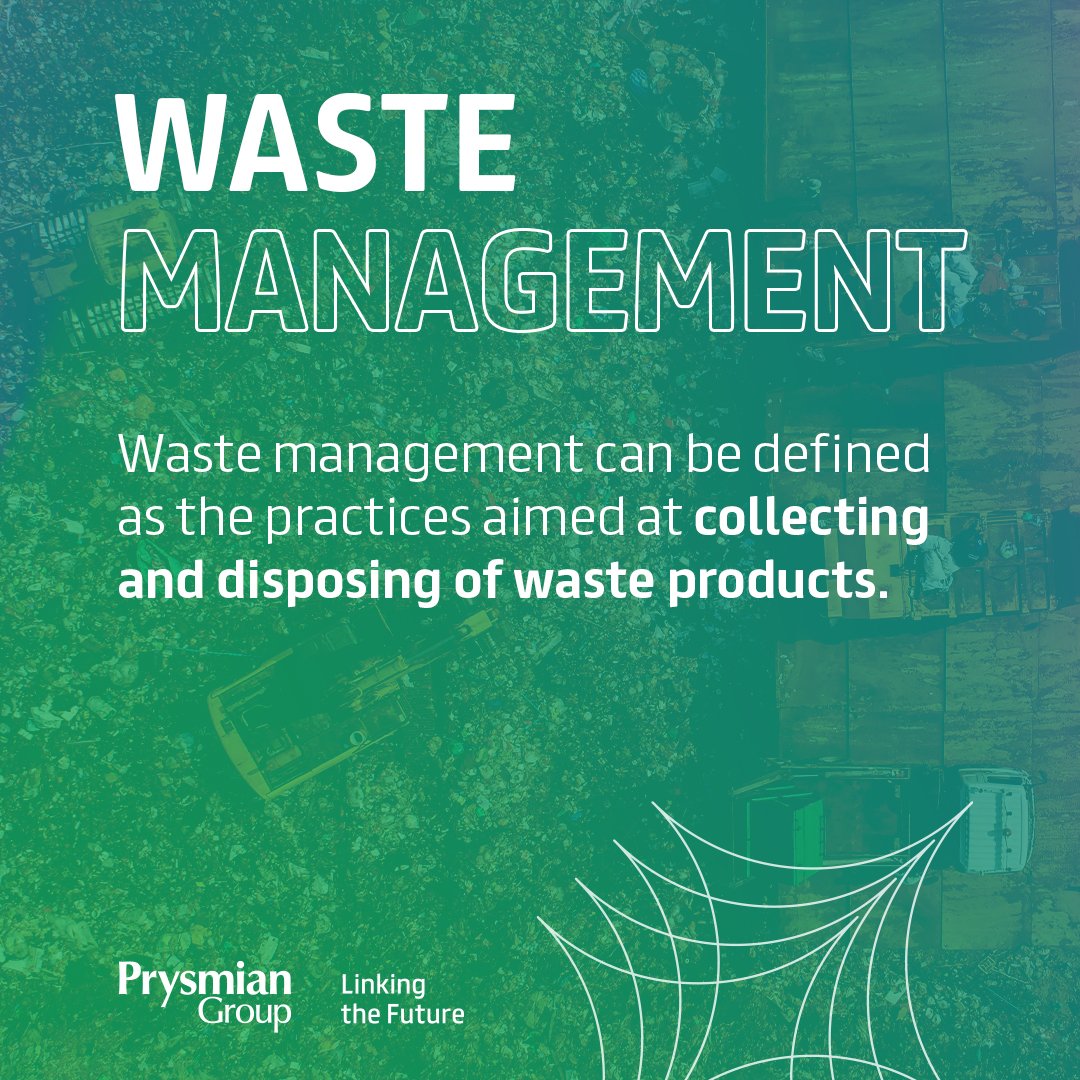What Does Reclaim Waste Do?
What Does Reclaim Waste Do?
Blog Article
Not known Factual Statements About Reclaim Waste
Table of ContentsThe Main Principles Of Reclaim Waste Reclaim Waste - The FactsWhat Does Reclaim Waste Mean?The Best Guide To Reclaim WasteReclaim Waste Can Be Fun For Everyone
Check out the types, occurrences, and forms of fluid waste. Domestic sewer waste describes the waste and items from a domestic septic system. This sort of waste is produced by humans in homes, schools, and other structures. This only consists of septic containers that have a drain field. The appropriate administration and disposal of residential sewer waste require liquid waste to be transferred to a sewage therapy plant where the correct techniques and tools are put on cleanse and take care of waste.
Industrial waste typically consists of prospective hazards, such as flammable materials or a blend of liquid and strong waste products, and requires an advanced and thorough disposal procedure. The disposal of commercial waste usually involves the purification of waste before transportation to ensure risk-free and appropriate disposal. Industrial waste is developed from byproducts and runoff of commercial procedures and production.
This type of waste can not make use of the exact same sewage monitoring transportation or processes as septic or business fluids. The commercial waste administration procedure requires the assessment and screening of fluid waste prior to it undergoes the disposal process (liquid waste disposal). Drainage waste is the liquid waste that originates from drainage and excess stormwater in very inhabited locations or cities
Runoff waste can trigger contamination and flooding otherwise taken care of correctly. Find out more about sewage system cleansing and waste management. Ensuring proper waste monitoring can stop catastrophes and minimize ecological damage. Both individuals in domestic settings and professionals in business or production markets can gain from understanding the processes and guidelines of fluid waste administration.
Reclaim Waste for Dummies
Get in touch with PROS Providers today to find out about our waste management and disposal solutions and the proper means to take care of the liquid waste you generate.
(https://reclaimwaste1.carrd.co/)Do you recognize what happens to your water when you disengage, purge the toilet or drain pipes the cleaning maker? No? Well, it deserves recognizing. This so-called 'wastewater' is not only an important source however, after therapy, will certainly be released to our land, rivers or the sea. Made use of water from bathrooms, showers, bathrooms, kitchen area sinks, washings and industrial procedures is known as wastewater.

water used to cool down equipment or clean plant and devices). Stormwater, a kind of wastewater, is overflow that moves from agricultural and metropolitan locations such as roofing systems, parks, yards, roads, paths and rain gutters right into stormwater drains, after rainfall. Stormwater moves without treatment straight to local creeks or rivers, ultimately getting to the sea.
See This Report on Reclaim Waste
In Queensland, the majority of wastewater is dealt with at sewer treatment plants. Wastewater is transported from domestic or commercial websites via a system of sewers and pump stations, known as sewerage reticulation, to a sewage treatment plant. Local federal governments develop, preserve and run most sewage treatment plants. Operators are licensed under the Environmental Management Act 1994 to discharge cured wastewater at an appropriate environmental requirement into waterways.
The Department of Natural Resources recommends city governments about managing, operating and preserving sewage systems and therapy plants. In unsewered locations, city governments may call for householders to install individual or home sewer therapy systems to treat domestic wastewater from commodes, kitchen areas, shower rooms and laundries. The Department of Natural Resources home authorises making use of family systems when they are shown to be effective.
In some new class, treatment of some stormwater to remove clutter, sand and crushed rock has begun using gross toxin catches. Wastewater treatment takes place in 4 stages: Eliminates solid issue.
Wastewater after that flows into huge containers where solids clear up and are eliminated as sludge. Oil and scum are skimmed from the surface. Utilizes tiny living microorganisms referred to as micro-organisms to break down and eliminate staying dissolved wastes and fine bits. Micro-organisms and wastes are included in the sludge. Eliminates nitrogen and phosphorus nutrients that might trigger algal flowers in our waterways and threaten marine life.
10 Simple Techniques For Reclaim Waste
Nutrient removal is not available in all sewer therapy plants due to the fact that it calls for pricey specialised equipment. It is becoming much more typical in Queensland. Clear liquid effluent produced after treatment might still have disease-causing micro-organisms. If this effluent is launched right into waterways such as rivers or the sea, the micro-organisms will eventually die out.

This generally indicates wastewater needs to be treated or pollutants eliminated before it can be released to waterways. Many wastewater moves right into the sewerage system. Under the Act, neighborhood federal governments carry out authorizations and licences for environmentally appropriate tasks (Ages) involving wastewater launches that might have a local effect. The department carries out approvals and permits to Ages entailing wastewater releases that could have a regional or statewide influence.
All about Reclaim Waste
Surveillance gives valid details concerning water top quality and can validate that permit problems are being satisfied. The info obtained through monitoring provides the basis for making water top quality choices.
Report this page